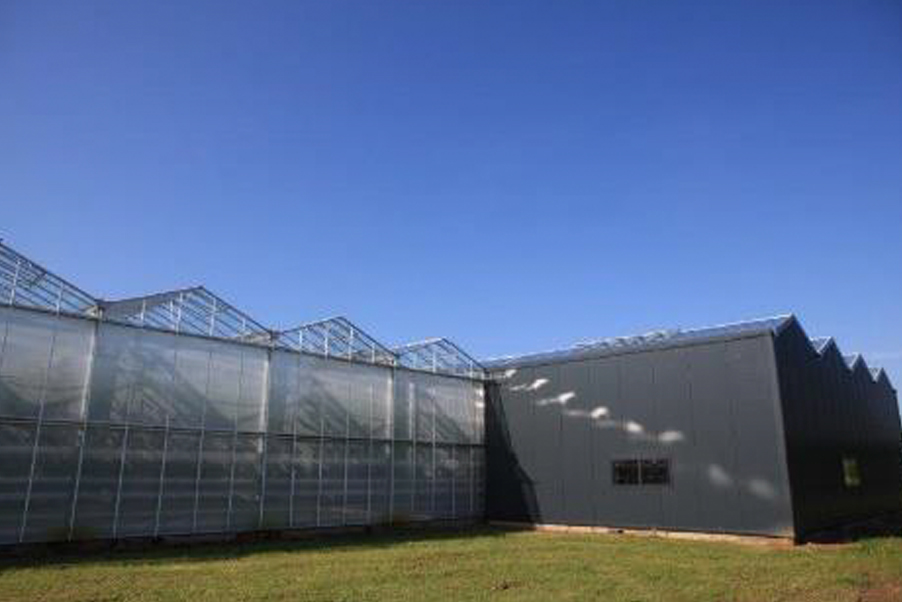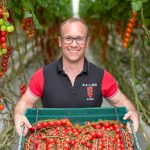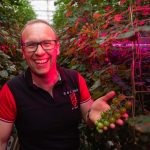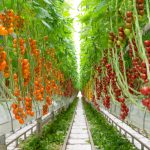Modern Slavery & Equality Statement
Our seasonal staff are recruited through reputable labour providers such as Concordia, an accredited GLAA’s labour provider user group and NFU member so its standards are highly recognised. We have a very low staff turnover and many of our workforce have been working with the company for over 10 years. 70% of our staff are working all year round. R & L Holt take a zero-tolerance approach to human trafficking and exploitation.
R & L Holt takes the wellbeing of all the employees very seriously and always ensure there is equal pay no matter their gender or background. R & L Holt does its best to maintain a clean and safe working environment and understands that a happy, motivated and well looked after workforce is paramount to an effective and thriving business.
COVID-19 Statement
The health and well-being of our workforce is important to R & L Holt. We have taken measures to ensure that the workplace is a COVID-19 secure working environment such as social distancing measures being maintained, provision of hand hygiene stations and ensuring all communal areas are cleaned on a daily basis. Regular communication with staff helps to ensure that we are constantly monitoring the situation.
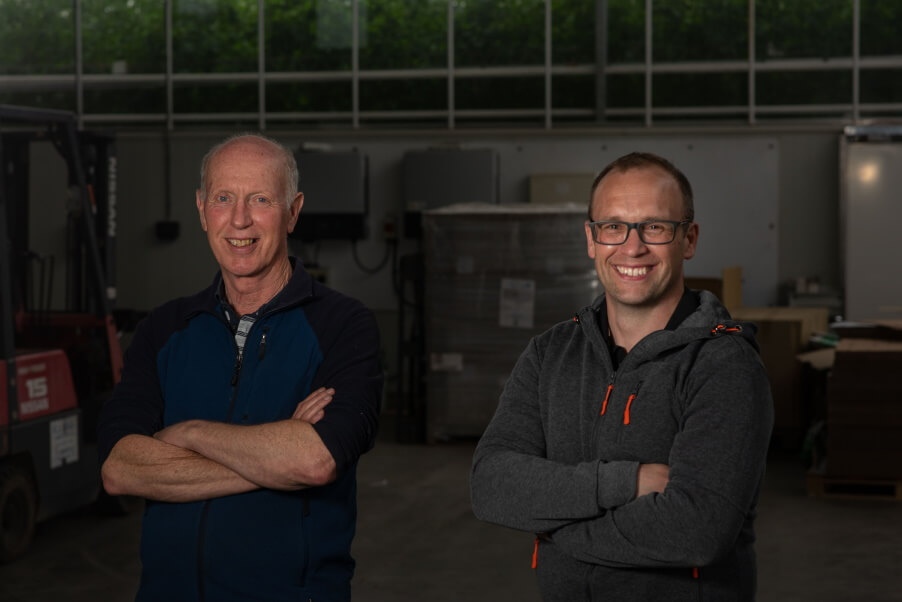
Integrated Farm Management Plan
R & L Holt aim to adopt an Integrated Farm management approach incorporating all nine arears of this system as best as possible, from a Health and Safety point of view to ensuing all the relevant documents and procedures in place to staff training and welfare and taking account energy, environmental and pest control but optimising productivity.
Here at R & L Holt, tomatoes have been grown in glass houses since early 1980s. Classic tomatoes have been grown up until the millennium, now it is all vine tomatoes from large vine to cherry vine. The tomatoes are grown hydroponically in NFT (Nutrient Film Technique) on hanging gutters. Since 2014, with the use of supplementary lighting and diffuse glass which increases the light efficiency to optimise growing.
To remain efficient and sustainable steam and hot water biomass boilers are used and CHP engines are used to help power the lit crop. Gas is also used via the anaerobic digester plant and the biproduct Carbon dioxide is used to help the plants grow. Another point of sustainability is the use of recycled reservoir water in closed systems and filters and sterilisation systems are used to purify the water.
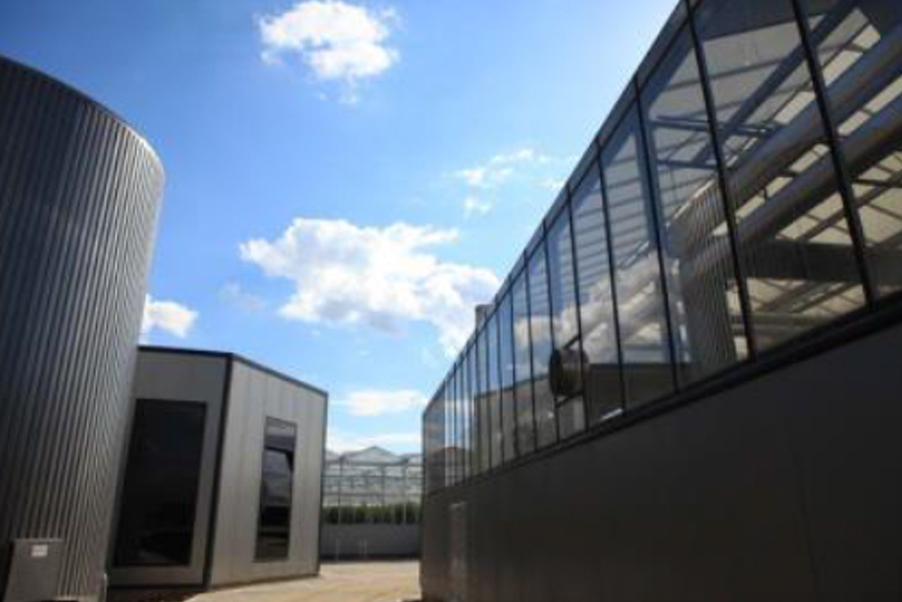
An IPM (Integrated Pest Management) approach to control pest and disease is used. Introductions of natural predators in the crop helps to reduce crop stress and leaf damage and help to optimise the growth of the crop. Bumble bees are also used for pollination. Computers are used to control the climate through monitoring temperature, humidity, ventilation, screening, irrigation, and lighting. All waste plant material is used in the anaerobic digester or composted. Recycled woodchip is used in the biomass as well as LED lighting and solar panels. Hence as well as trying to be environmentally friendly by reducing our Carbon dioxide output we have minimised all sources of pollution through getting rid of waste responsibly and not burning material onsite.
Moving forward, we are always looking for new sites to expand but also looking at renewable energy sources aiming to be as carbon neutral as possible.
Felicity Holt, Director.
Reviewed October 2024.
